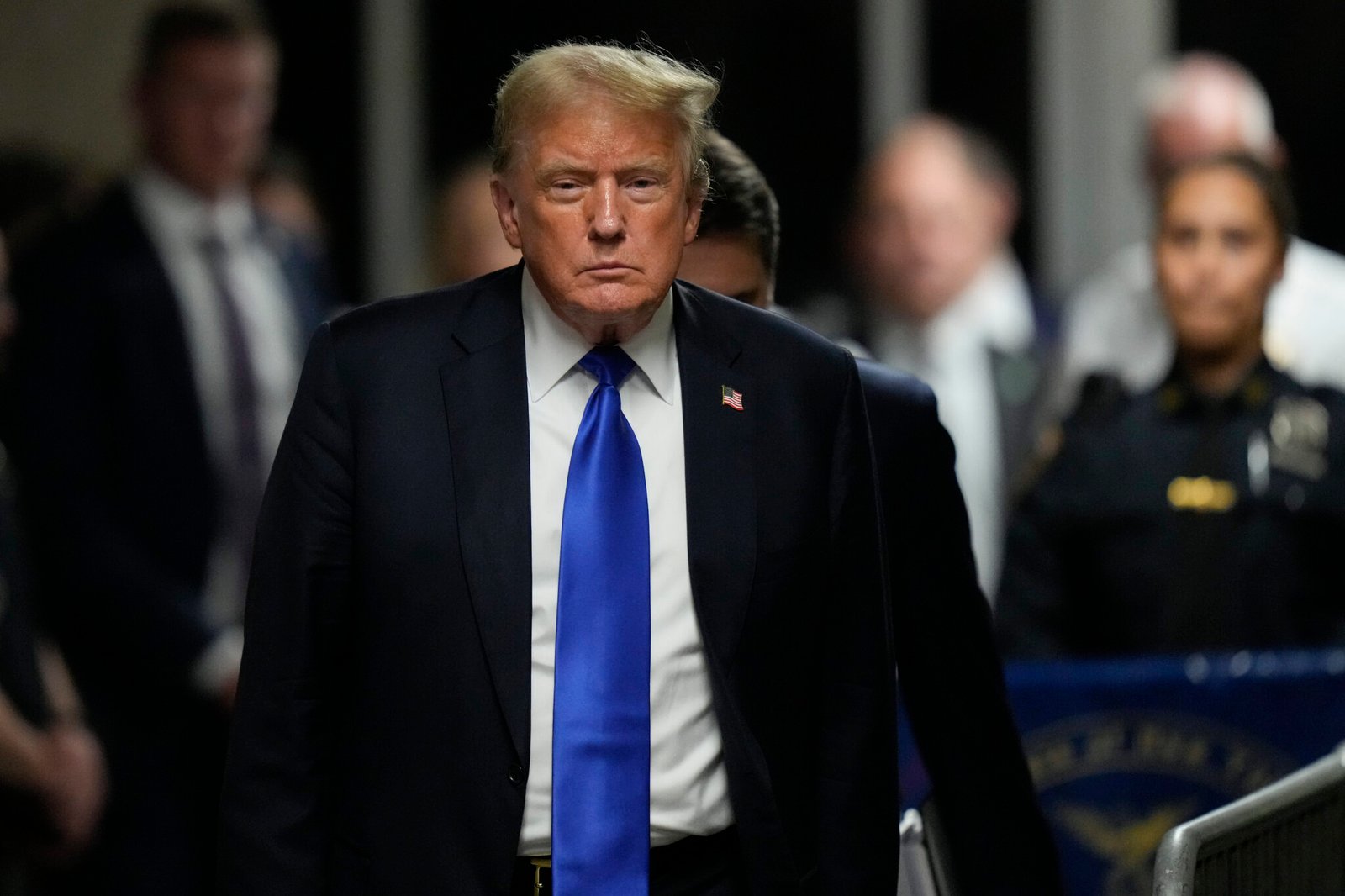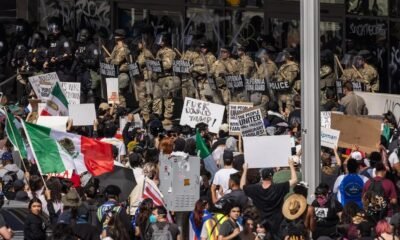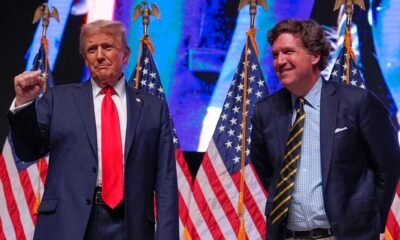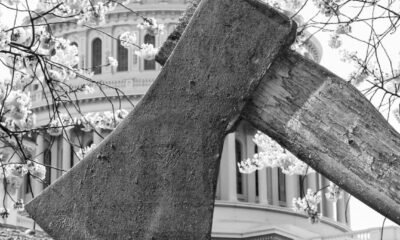Alvin Bragg
Trump’s Sentencing Looms This Friday as Supreme Court Rejects Delay Bid in NY Case

WASHINGTON — The U.S. Supreme Court has denied President-elect Donald Trump’s last-minute attempt to halt his sentencing in a New York hush money trial, which is scheduled for Friday morning.
Late Tuesday, Trump sought intervention from the court, arguing that presidential immunity could shield him from the impending sentencing for 34 felony convictions. He claimed that evidence presented during the trial violated the immunity doctrine, a point he has raised before.
The court’s refusal came partly because Trump’s concerns regarding trial evidence can be reviewed at the state level. The unsigned order noted that the sentencing would impose minimal disruption on Trump as president-elect, characterizing it as “a brief virtual hearing.” Justices Thomas, Alito, Gorsuch, and Kavanaugh indicated they would have granted the application.
Trump had spoken with Justice Alito earlier on Thursday, although their discussion reportedly focused on a different matter.
New York Justice Juan Merchan set Trump’s sentencing for 10 a.m. Friday. The judge indicated he would not impose any jail time or fines. Instead, Trump will receive an “unconditional discharge,” which means he will maintain a criminal record in New York but face no additional penalties. Merchan also allowed for the possibility of a virtual appearance.
In May, a jury convicted Trump after a lengthy trial centered on his efforts to conceal a $130,000 payment from his personal lawyer to silence a porn star regarding an affair before the 2016 election. This conviction established Trump as the first American president to be a convicted felon.
Following a Supreme Court ruling last summer that established an immunity premise for former presidents during official duties, Trump has contested his conviction vigorously. However, Merchan previously dismissed Trump’s call to dismiss the case based on the claim of presidential immunity, stating that the evidence pertained entirely to non-official conduct and thus did not qualify for such protection.
In response to Trump’s Supreme Court appeal, Manhattan District Attorney Alvin Bragg argued that the court does not have jurisdiction because Trump has not fully exhausted appeals at the state level. Bragg contended that Trump’s claims did not merit a delay of the upcoming sentencing.
Trump’s lawyers argued in their Supreme Court filing that the state made a “grave error” in ruling that a president-elect does not enjoy immunity. Bragg responded, labeling this assertion as “extraordinary” and lacking any judicial support. He emphasized that only one president can serve at a time, and non-government employees cannot exercise official functions that would be affected by the completion of a criminal case against a private citizen.
Bragg further noted that the high court had taken significant steps to reduce any burdens placed on Trump. He pointed out that Trump had failed to provide evidence supporting his claims regarding the impact of his presidential duties on attending the sentencing.
In a post on Truth Social late Thursday, Trump expressed criticism towards Justice Merchan, calling him “highly political and corrupt.” He vowed to continue fighting the conviction, asserting that he would appeal the case and is confident that “JUSTICE WILL PREVAIL.” Trump claimed that the ongoing investigations against him are merely distractions from their broader agenda: “to unite and MAKE AMERICA GREAT AGAIN!”
Last updated 6:53 p.m., Jan. 9, 2025


















